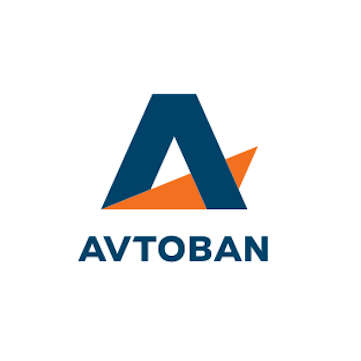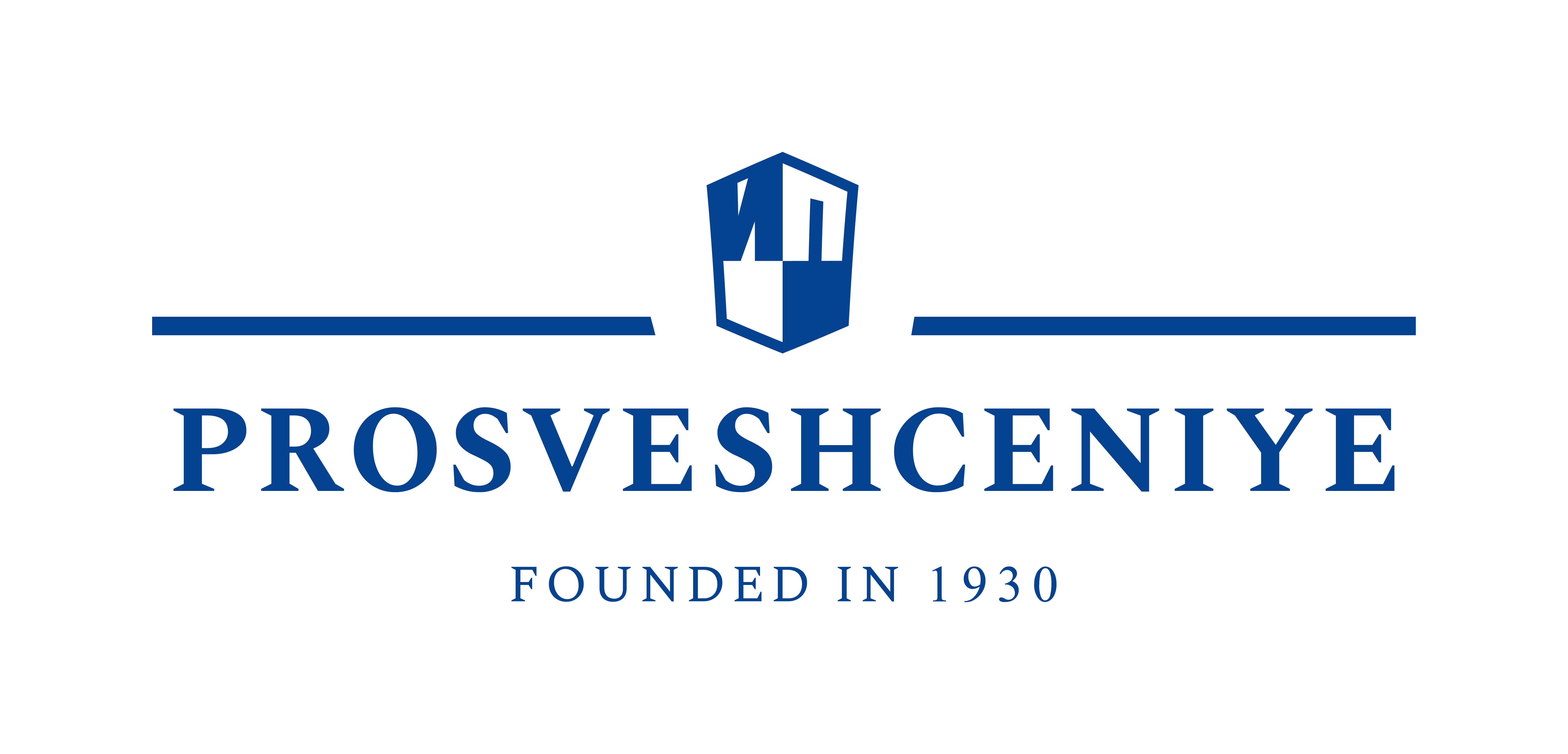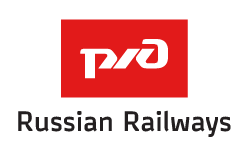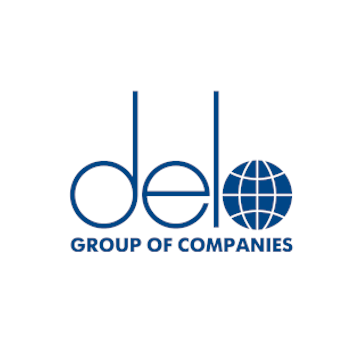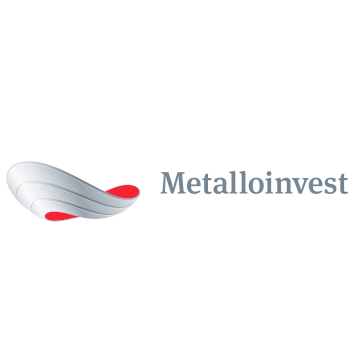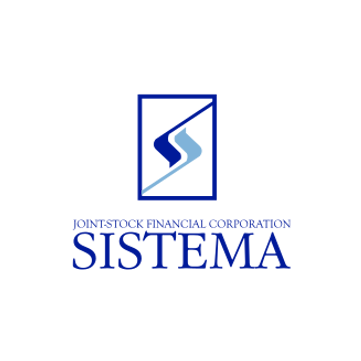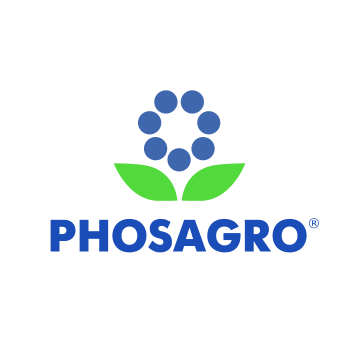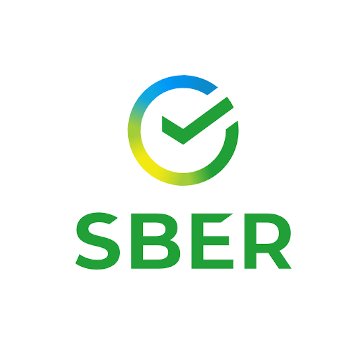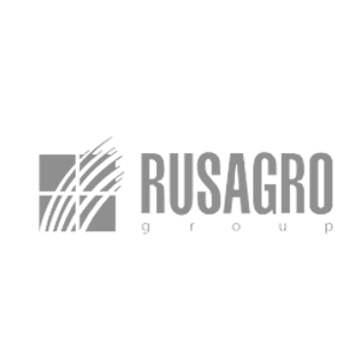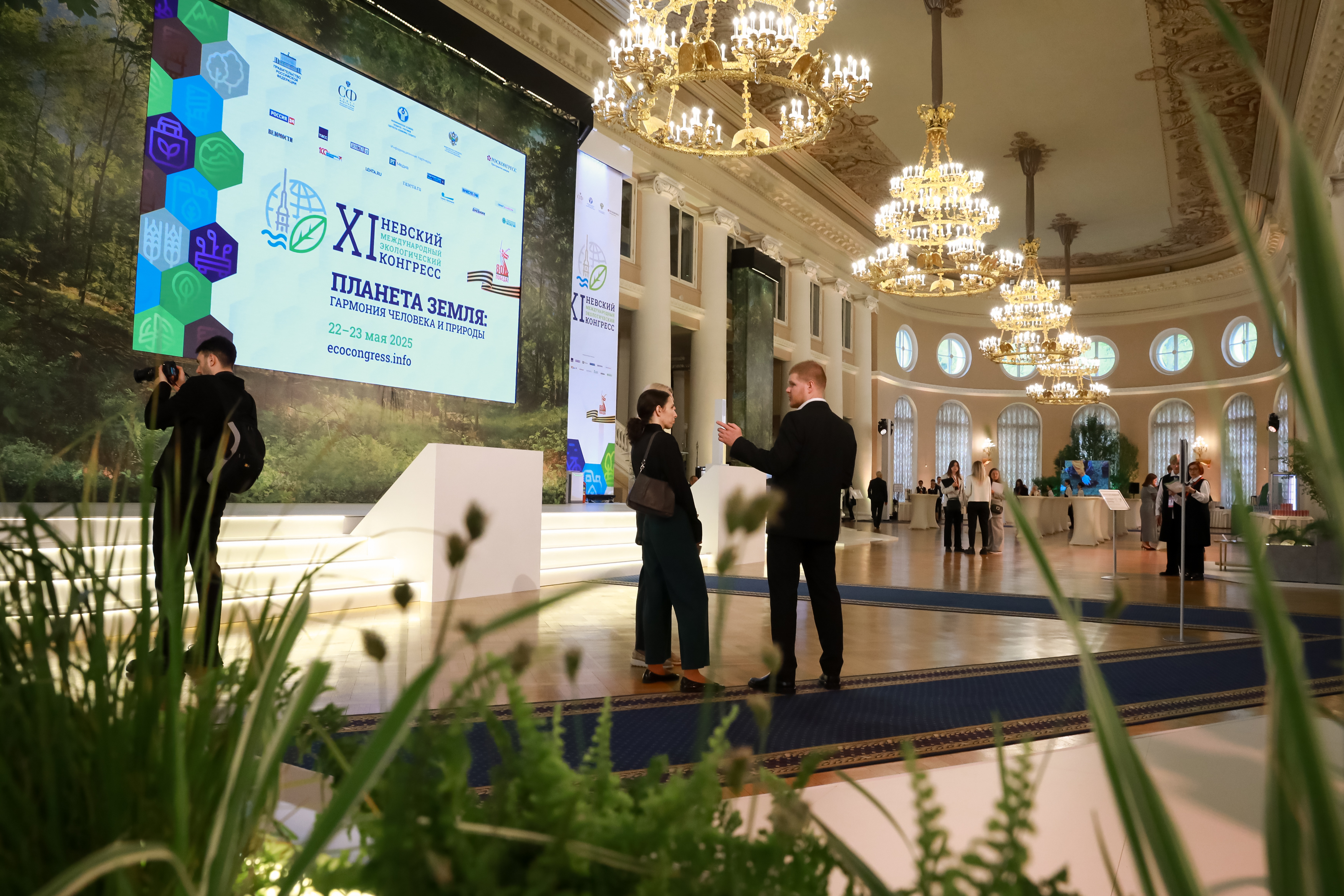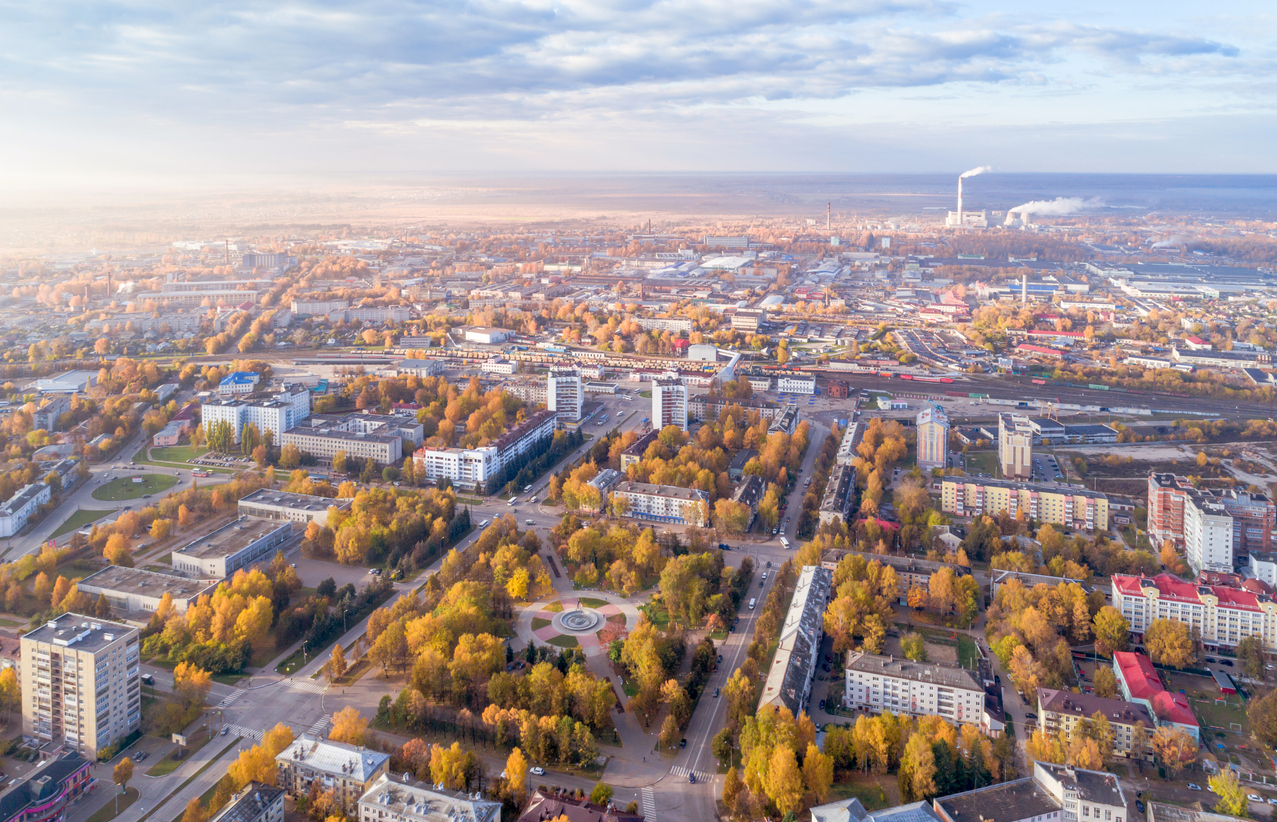National ESG Alliance
The National ESG Alliance is the only business association in Russia that deals solely with the sustainable development agenda and unites companies that have already introduced these principles in their business model and are deliberately moving forward with the ESG-transformation. As of today, it includes 22 founding members that are leaders of sustainable transition in their respective sectors: industry, finance, retail, pharmaceuticals and others.

Strategic goals
In 2025, the Alliance revised its strategic priorities, building on the reputational and intangible capital accumulated during its first three years of operation. The goals of the Strategy were updated for the next three-year period.
The new strategic vision reflects the needs and expectations of both the Alliance’s founding members and external stakeholders — including federal executive authorities, regulators, and participants of the national ESG ecosystem:
Supervisory board
The Supervisory Board, which includes representatives of the founding members of the Alliance, is the supreme collective management body of the organization. The Board determines priority areas of the Alliance development and takes key decisions on strategic issues of its activities.
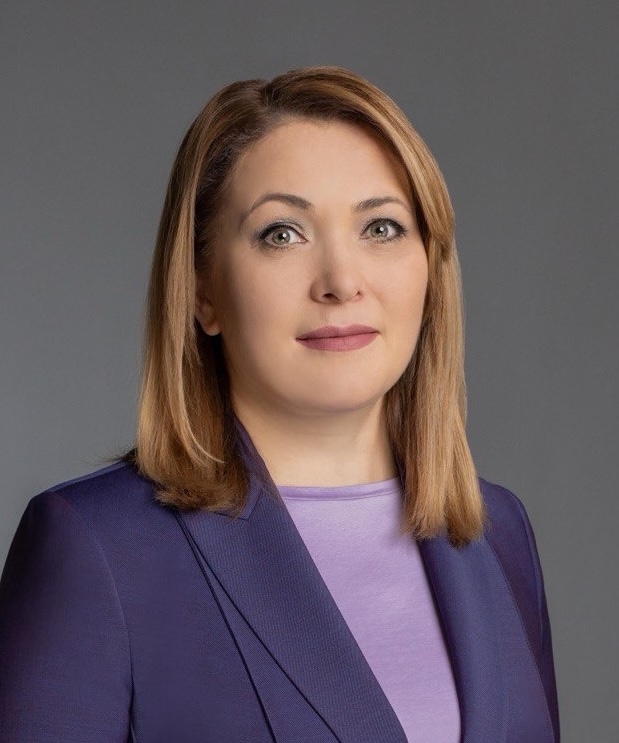
Chairman of the Supervisory Board
Bakhtina Irina
Deputy CEO, Chief Sustainability Officer, En+ Group Chief Sustainability Officer, RUSAL
Committees
The Alliance is a self-organizing structure of a “new type, where a prominent role in determining the vector of activities is given to committees and working groups. Today Alliance includes 5 permanent committees, as well as two working groups.

Committee for sustainable technologies
Coordinator:
Fedotova Anastasia
Managing Director - Head of the ESG Directorate, Sber

Committee on ecology, climate and environmental protection
Coordinator:
Grigorieva Daria
Sustainability Director, Polyus

Committee on ESG infrastructure and standardization
Coordinator:
Podkopaeva Maria
Sustainable development director, X5 Group

Committee on ESG infrastructure and standardization
Coordinator:
Barsola Ivan
Executive director, ESG directorate, Sber

Committee on social responsibility
Coordinator:
Mazanova Julia
Deputy Director for Sustainable Development and Corporate Communications, Metalloinvest
Working groups:

Climate
Head:
Gordeeva Elena
Head of Department in the Sustainable Development Directorate of RUSAL

Sustainable Supply Chains
Head:
Savelyeva Anastasiya
Sustainable Development Director of Management Company Metalloinvest
Executive directorate
The Directorate develops and coordinates the Alliance's key strategic initiatives, as well as carries out operational activities.

Sharonov Andrey
CEO

Groznaya Elena
Deputy CEO

Situkha Pelageya
Director for organizational development
News
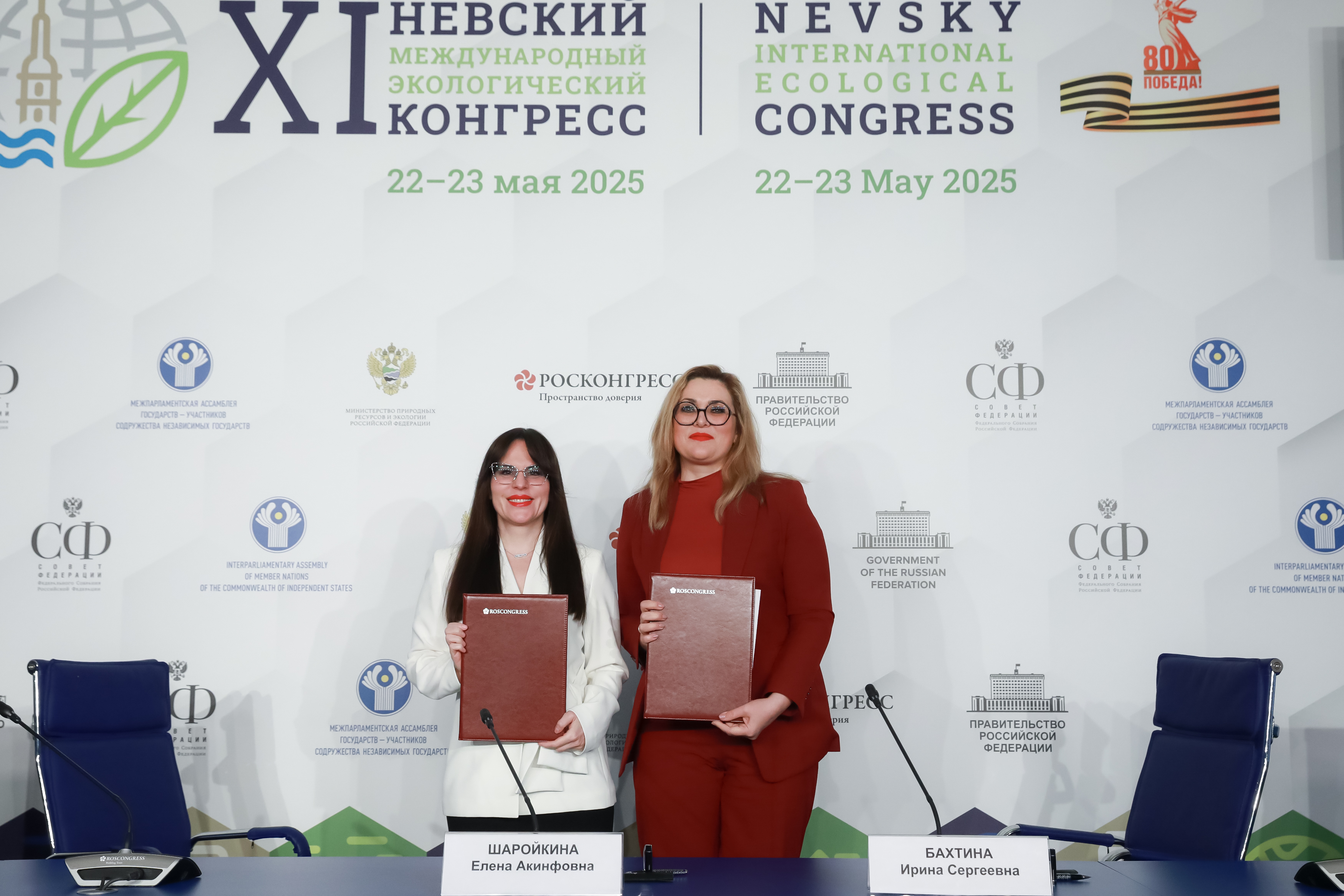
Measuring positive environmental impact of business jointly with the National Committee of UN Decade on Ecosystem Restoration
A Memorandum of Understanding and Cooperation between the ESG Alliance and the National Committee of UN Decade on Ecosystem Restoration was signed on the sidelines of the XI Nevsky International Ecological Congress



